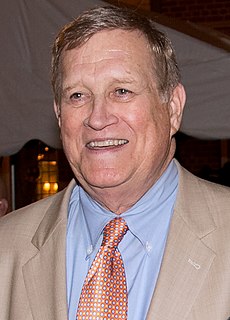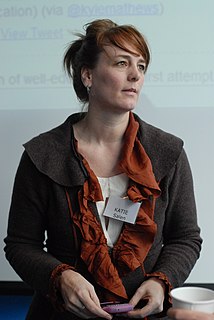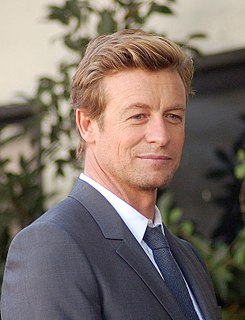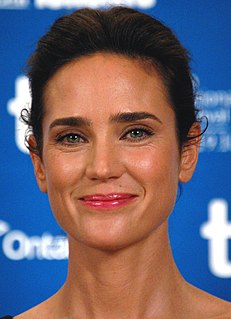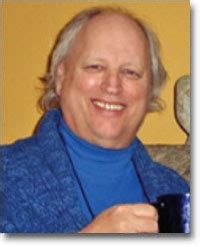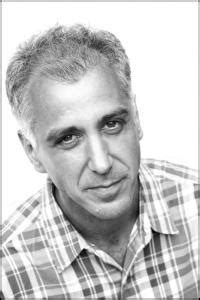A Quote by Daniel H. Pink
If you think about work, it's just this endlessly fascinating subject. We spend at least half of our waking hours working. So it becomes this incredible window into a whole variety of things: who we are human beings, how the economy works, how people relate to each other, how stuff is made, how the world spins on its axis.
Related Quotes
I think that every educator, indeed every human being, is concerned with what is true and what is not; what experiences to cherish and which ones to avoid; and how best to relate to other human beings. We differ in how conscious we are of these questions; how reflective we are about our own stances; whether we are aware of how these human virtues are threatened by critiques (philosophical, cultural) and by technologies (chiefly the digital media). A good educator should help us all to navigate our way in this tangled web of virtues.
I've been playing piano my whole life but I'd never tried to understand how compositions are made really. Try to imagine if you'd loved paintings your whole life but had never painted one. My aspiration now is just to understand. I don't have professional pretensions. I've learned so much. So many things I've been doing in the visual, two-dimensional painting world parallel many of the inner working of music - how intervals resolve into each other, harmonic rhythm, tonal things - there's a whole vocabulary that overlaps. Sometimes people see pianos in my works - that I never think.
I come from a minimum wage working world, as we all did for at least some part of our lives, and that is never out of my rearview. I've never forgotten how much your feet hurt after you've stood on them for like 12 hours. And how the drudgery of a job you hate craps on your entire life; how you treat other people, how you treat yourself, and it really was getting to me.
All of my movies are about how I wish the world would work. I've made very few movies about how the world worked. I could name them on one and a half hands, about how my movies have been very reflective of how the world was exactly. A lot of my movies are really about the way I wish the world was, and that's what this whole art form is all about. It's an interpretive art form.
It [motherhood] has changed absolutely everything. I mean, it's changed my life. I think I've changed as a human being more since I've had Kai than in any other period in my life...It's such an incredible catalyst for growth. I found myself questioning absolutely everything: how I spend my time, how I speak, what kind of projects I work on, how I look at the world.
Not everyone knows how to be alone with others, how to share solitude. We have to help each other to understand how to be in our solitude, so that we can relate to each other without grabbing on to each other. We can be interdependent but not dependent. Loneliness is rejected despondency. Solitude is shared interdependence.
Science isn't just about solving this or that puzzle. It's about understanding how the world works: the whole world from the vastness of the cosmos to the particularity of an individual human life. It's worth thinking about how all the different ways we have to talk about the world manage to fit together.


